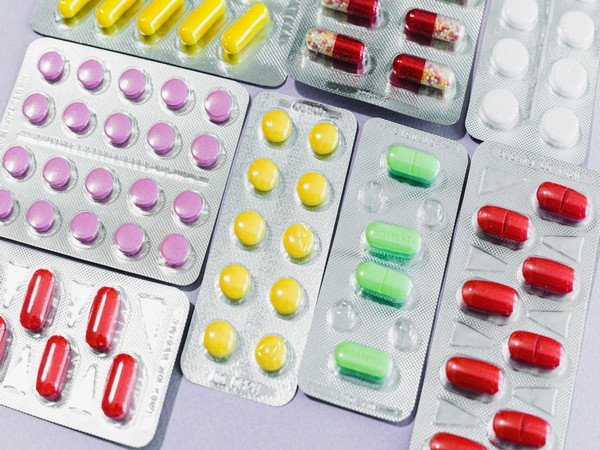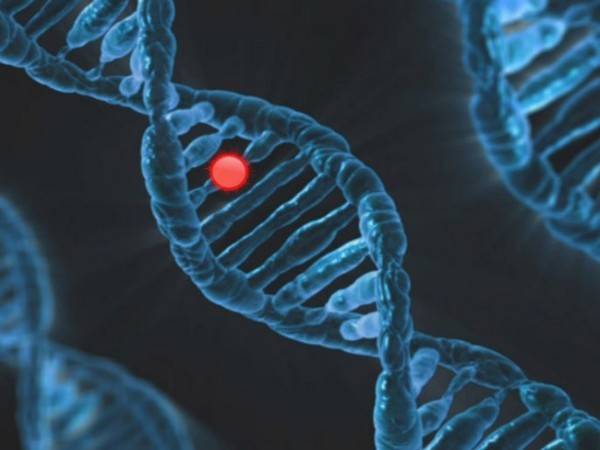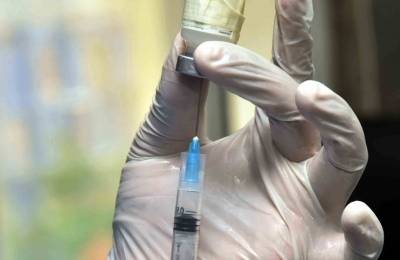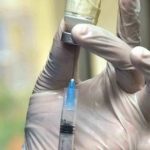The largest benefits were seen among people with depression, pregnant and postpartum women, healthy individuals, and people diagnosed with HIV or kidney disease…reports Asian Lite News
Researchers from the University of South Australia recommend physical activity to be a mainstay strategy for controlling depression as a new study demonstrates that it is 1.5 times more beneficial than psychotherapy or the most popular medications.
The review, which was published in the British Journal of Sports Medicine, includes 97 studies, 1039 trials, and 1,28,119 participants. It is the most extensive to date. It demonstrates how much better the signs of sadness, anxiety, and distress are when people are physically active. Specifically, the review showed that exercise interventions that were 12 weeks or shorter were most effective at reducing mental health symptoms, highlighting the speed at which physical activity can make a change.
The largest benefits were seen among people with depression, pregnant and postpartum women, healthy individuals, and people diagnosed with HIV or kidney disease.
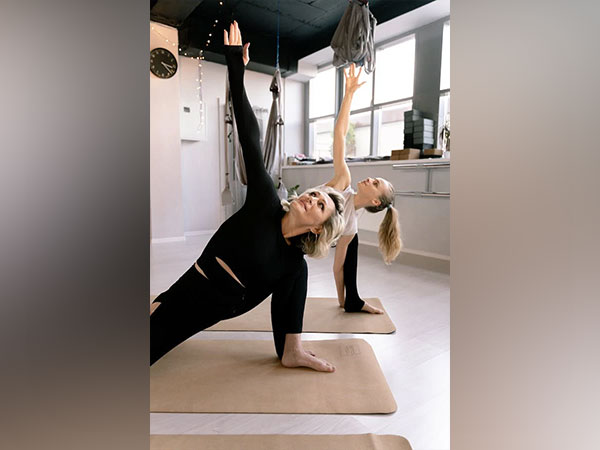
According to the World Health Organization, one in every eight people worldwide (970 million people) live with a mental disorder. Poor mental health costs the world economy approximately USD2.5 trillion each year, a cost projected to rise to USD6 trillion by 2030. In Australia, an estimated one in five people (aged 16-85) have experienced a mental disorder in the past 12 months.
Lead UniSA researcher, Dr Ben Singh, says physical activity must be prioritised to better manage the growing cases of mental health conditions.
“Physical activity is known to help improve mental health. Yet despite the evidence, it has not been widely adopted as a first-choice treatment,” Dr Singh says.
“Our review shows that physical activity interventions can significantly reduce symptoms of depression and anxiety in all clinical populations, with some groups showing even greater signs of improvement.
“Higher intensity exercise had greater improvements for depression and anxiety, while longer durations had smaller effects when compared to short and mid-duration bursts.
“We also found that all types of physical activity and exercise were beneficial, including aerobic exercises such as walking, resistance training, Pilates, and yoga,” Singh said.

Senior researcher, UniSA’s Prof Carol Maher, says the study is the first to evaluate the effects of all types of physical activity on depression, anxiety, and psychological distress in all adult populations.
“Examining these studies as a whole is an effective way for clinicians to easily understand the body of evidence that supports physical activity in managing mental health disorders. We hope this review will underscore the need for physical activity, including structured exercise interventions, as a mainstay approach for managing depression and anxiety,” Maher said. ( ANI)
ALSO READ-Hair care tips for an oily scalp


